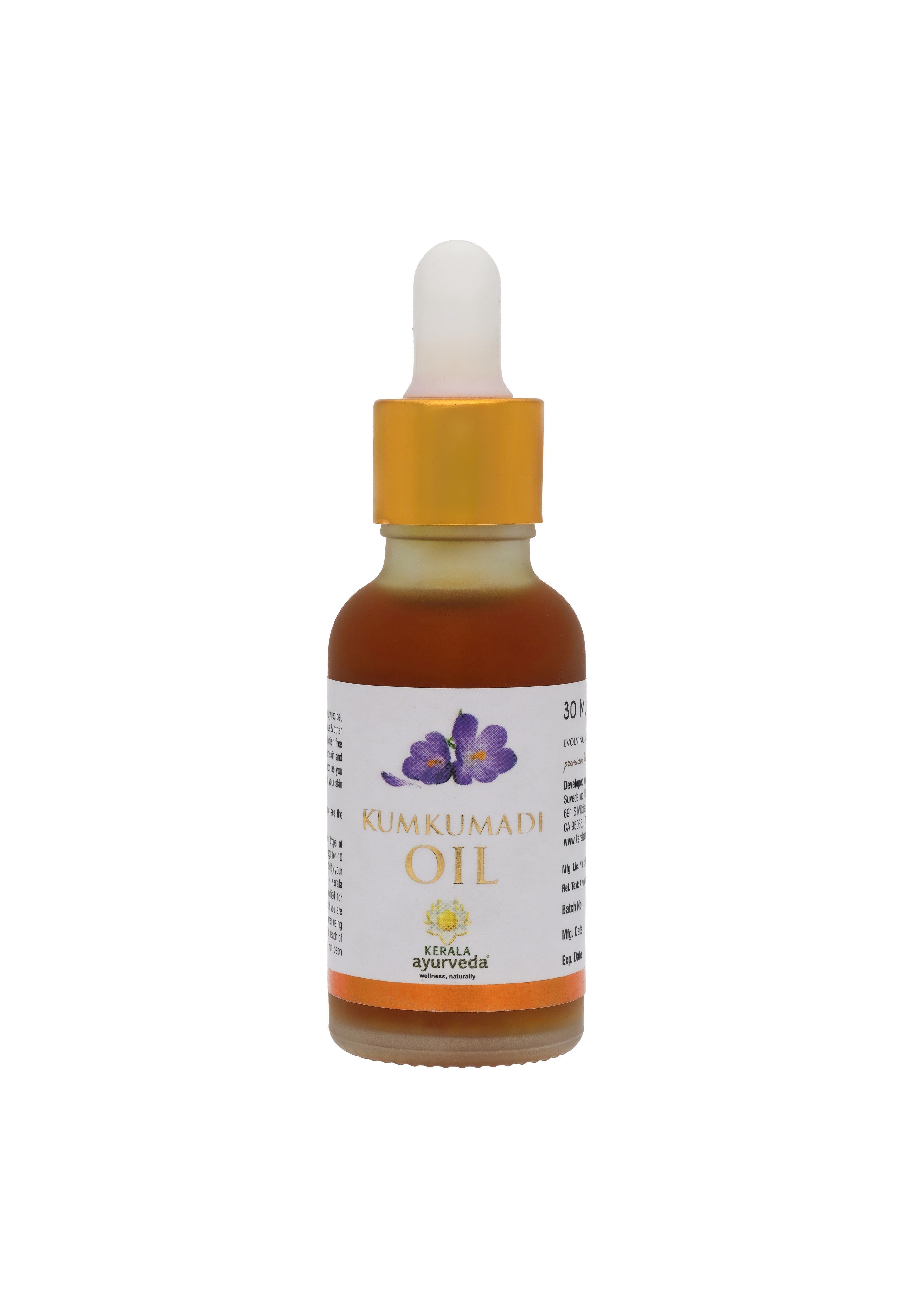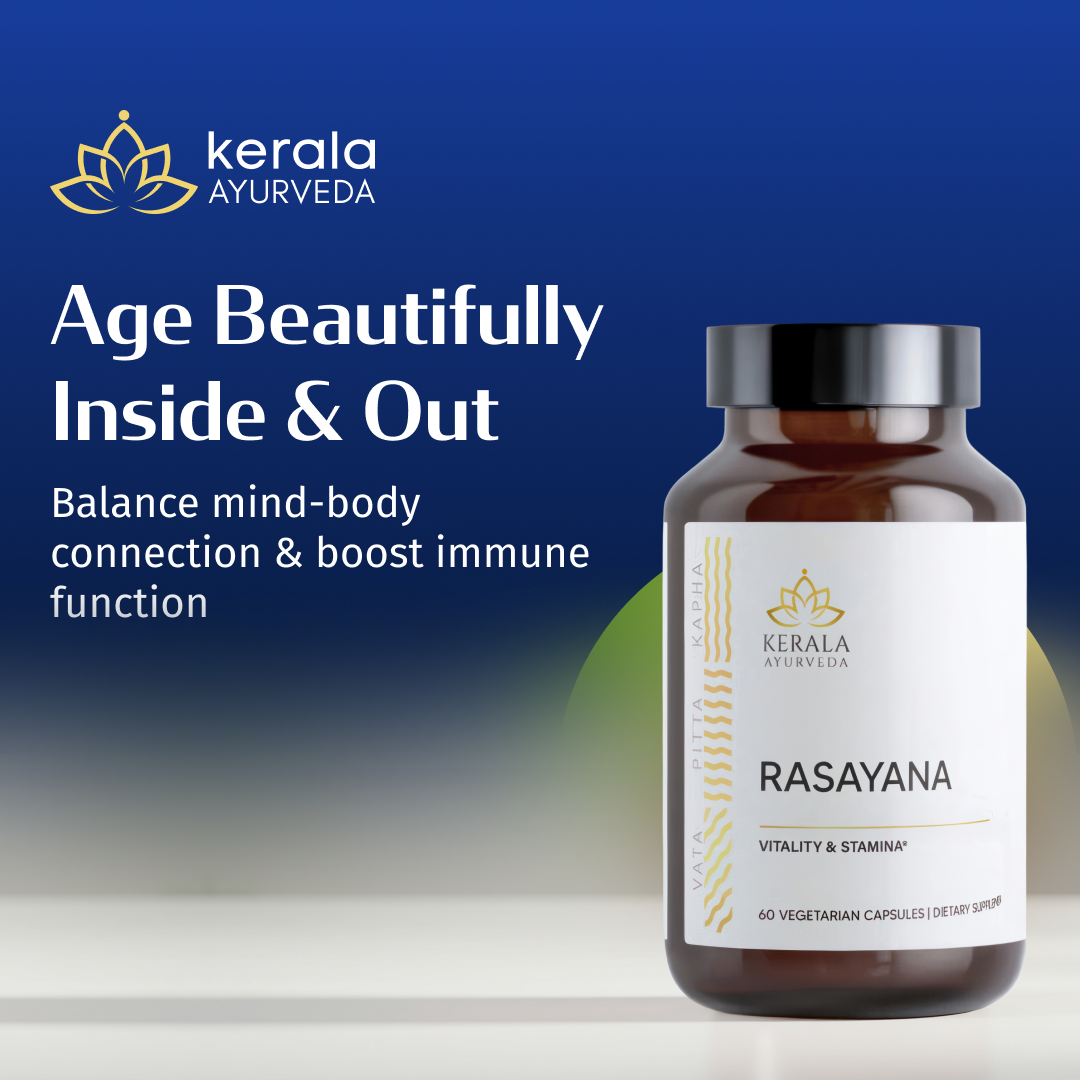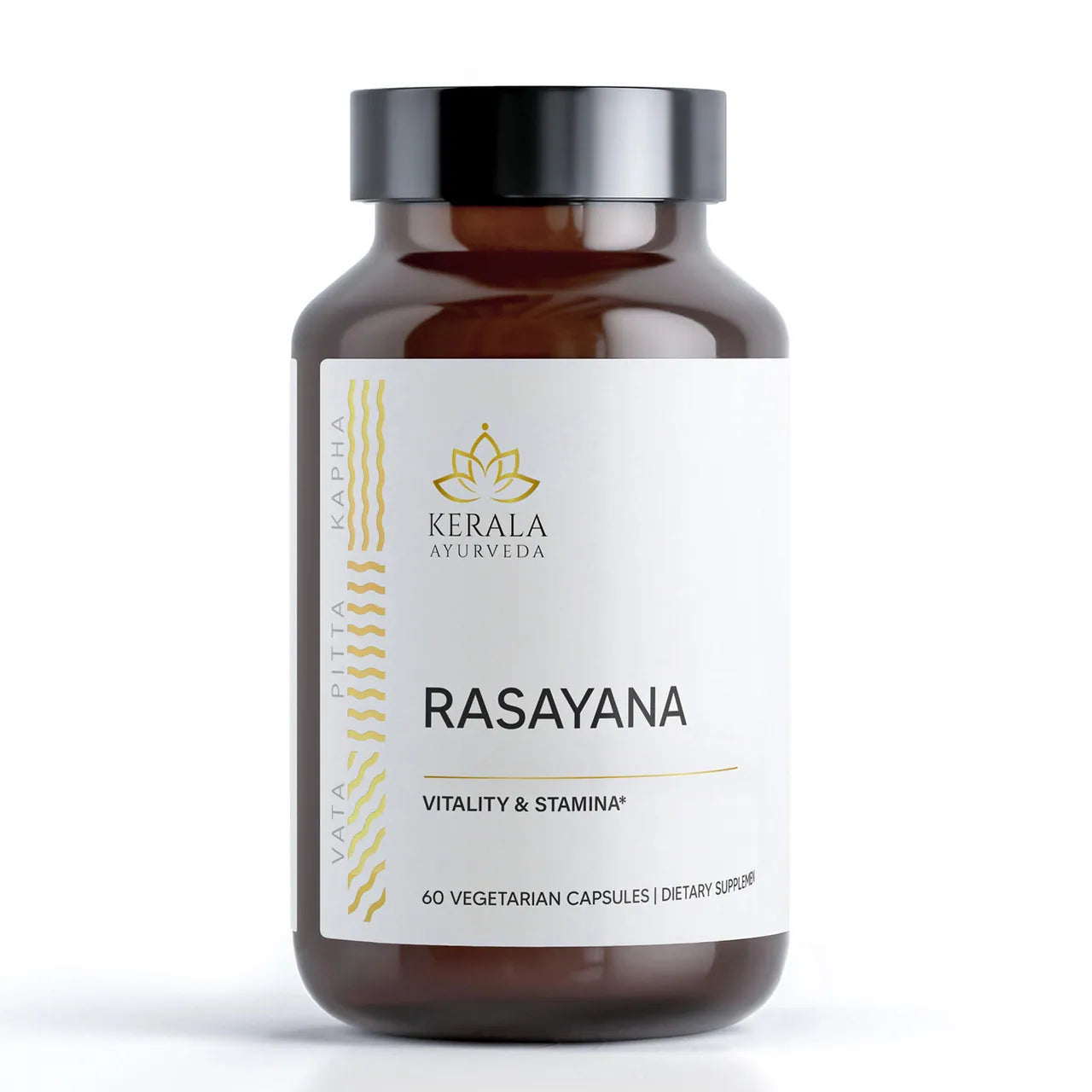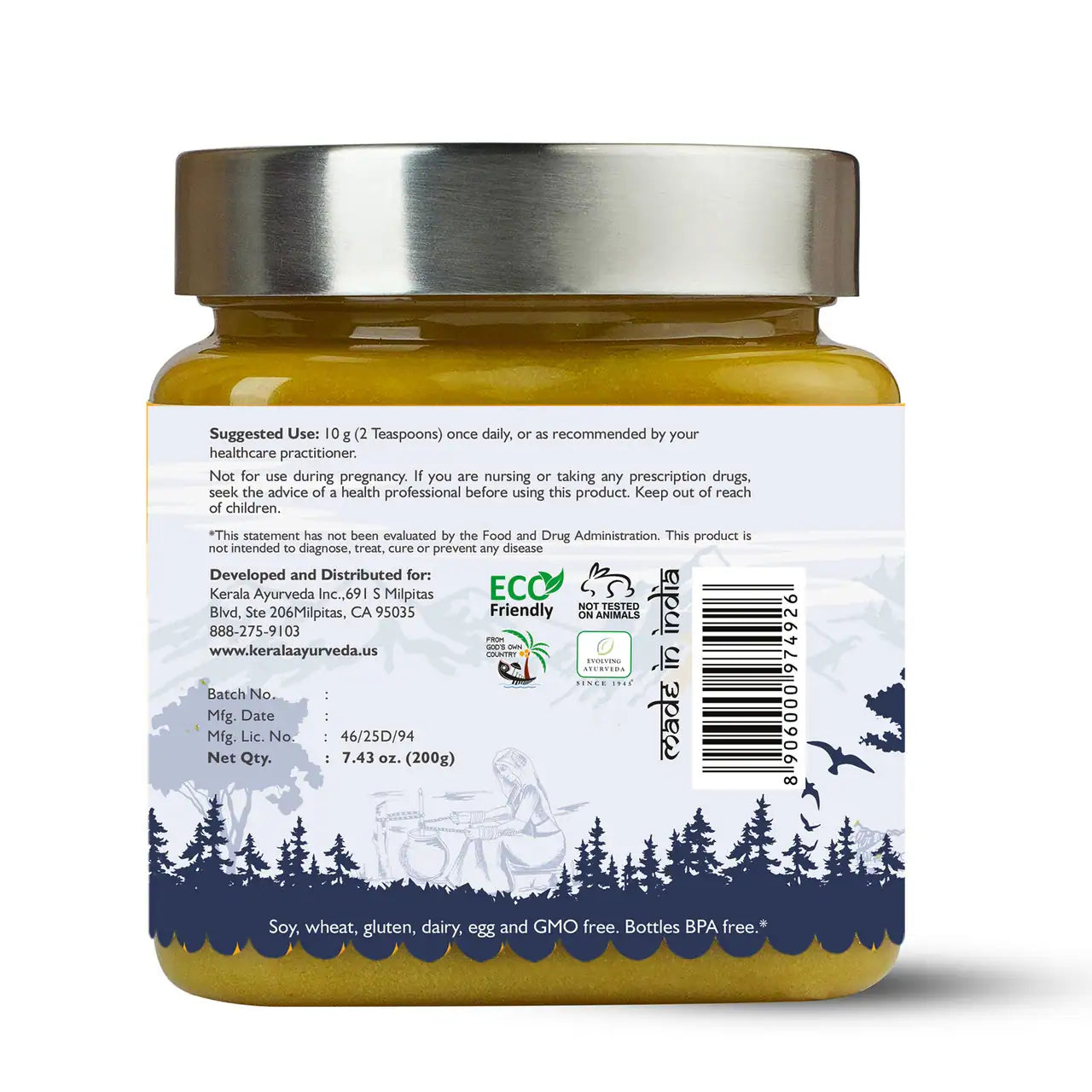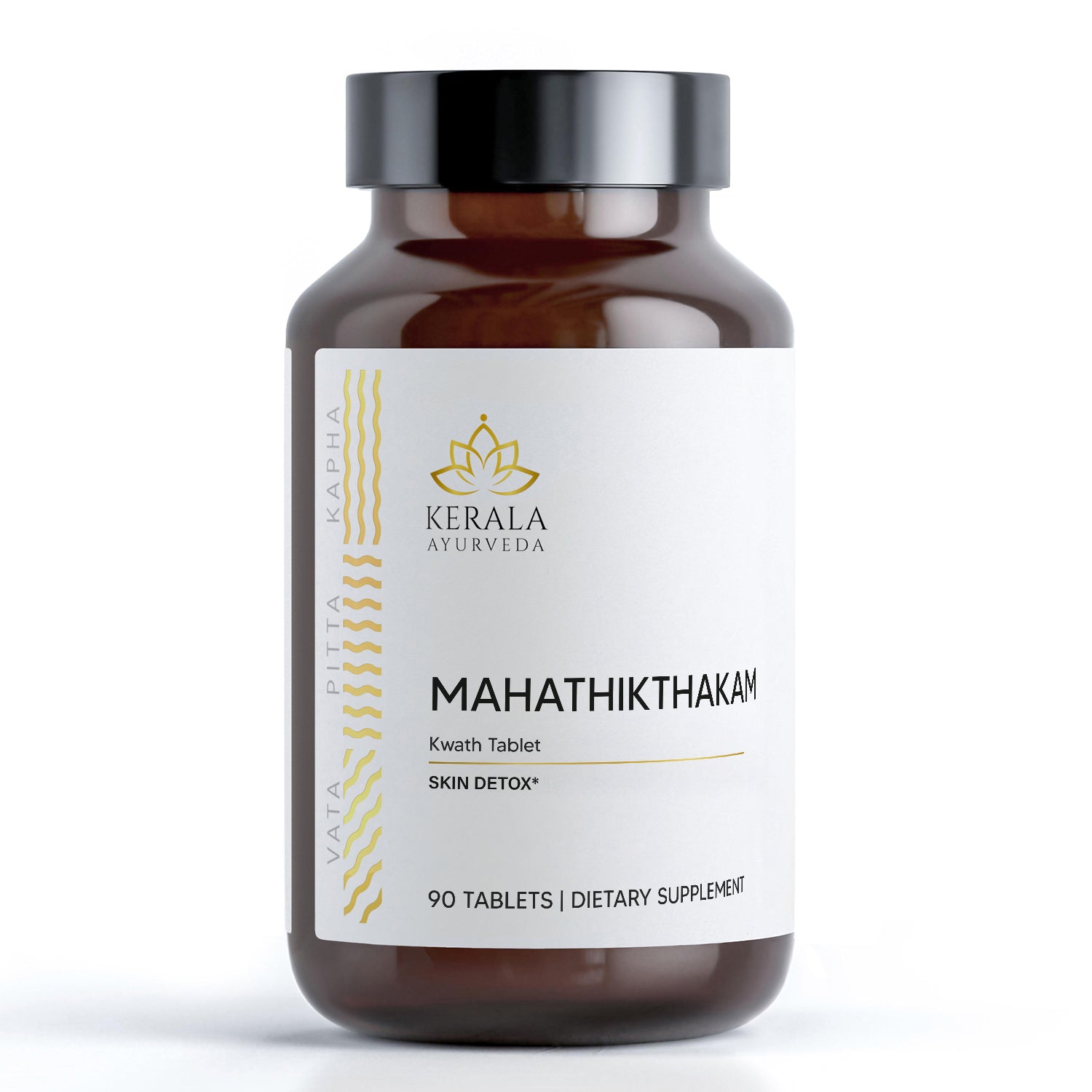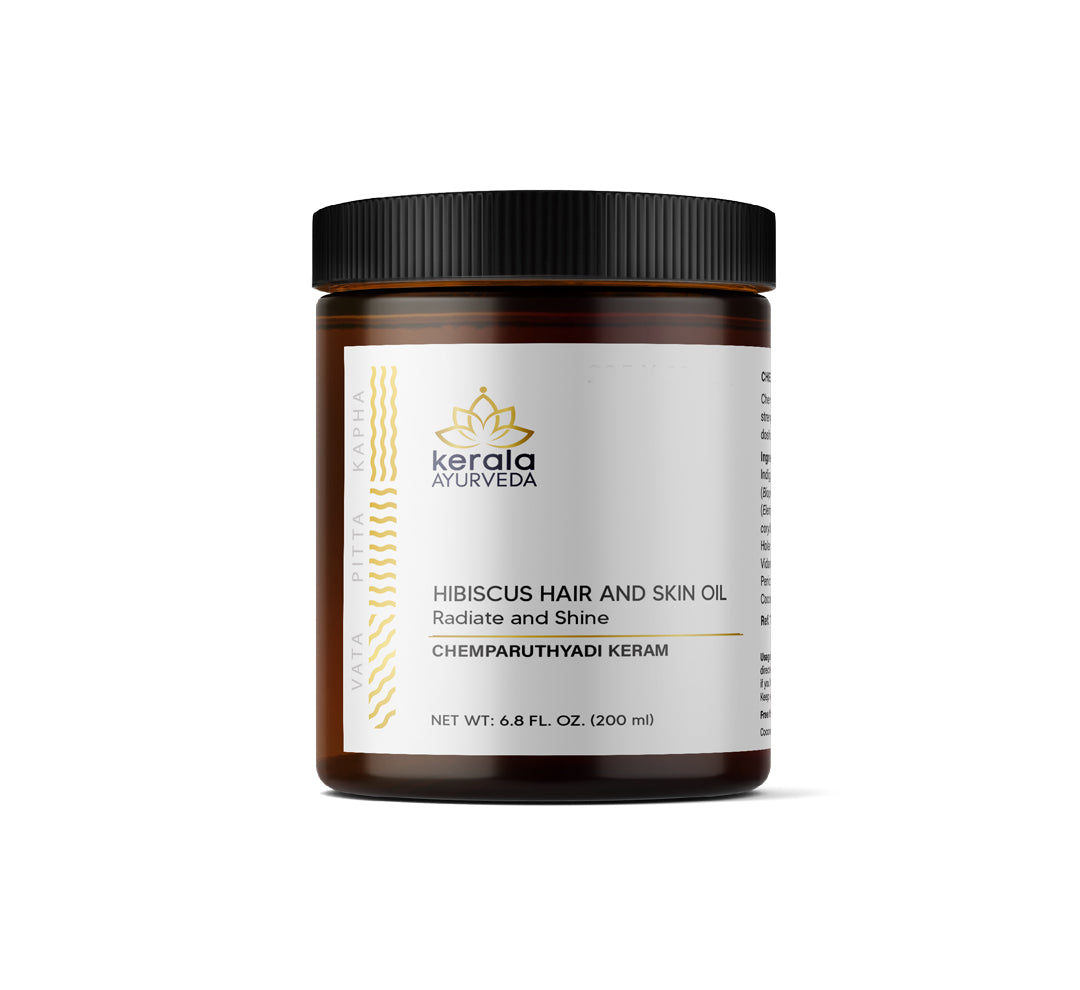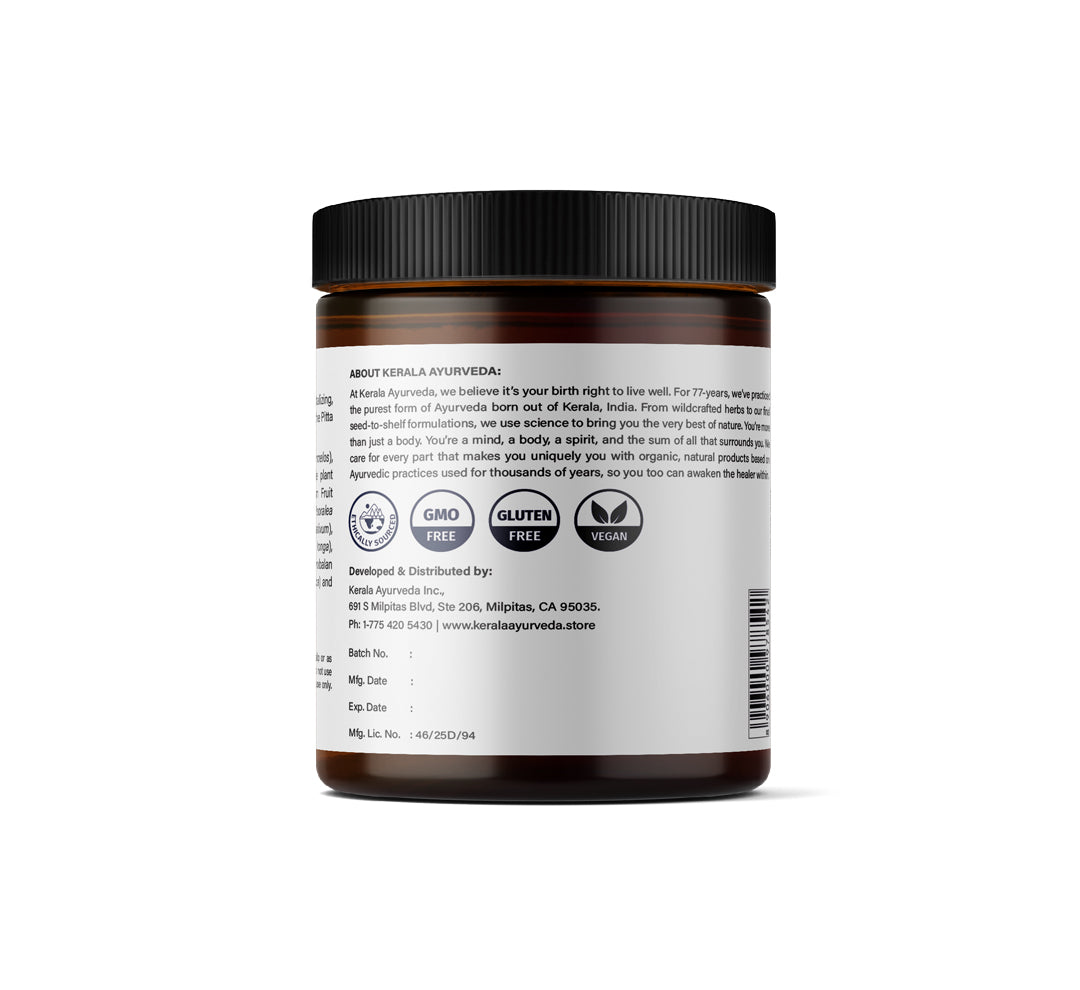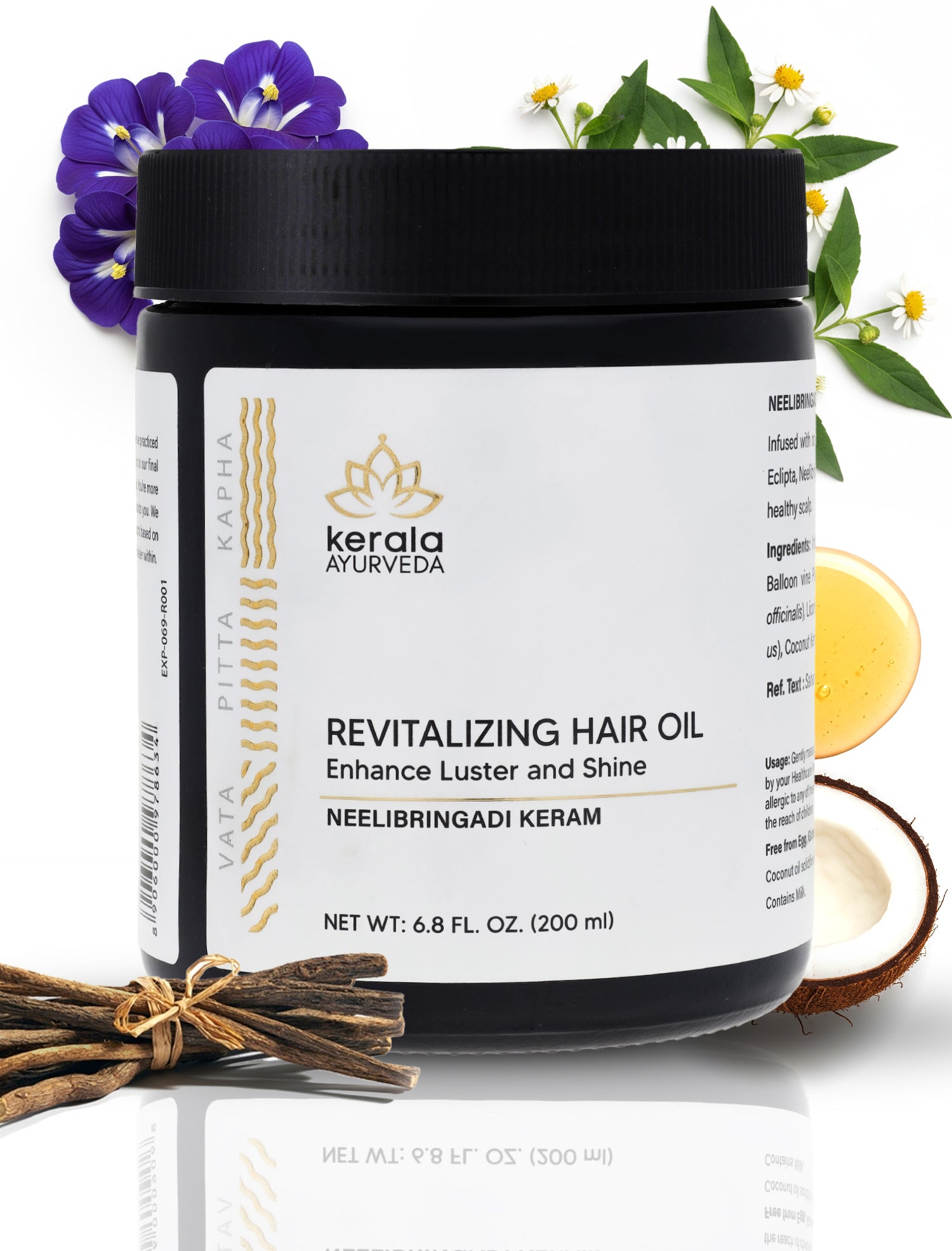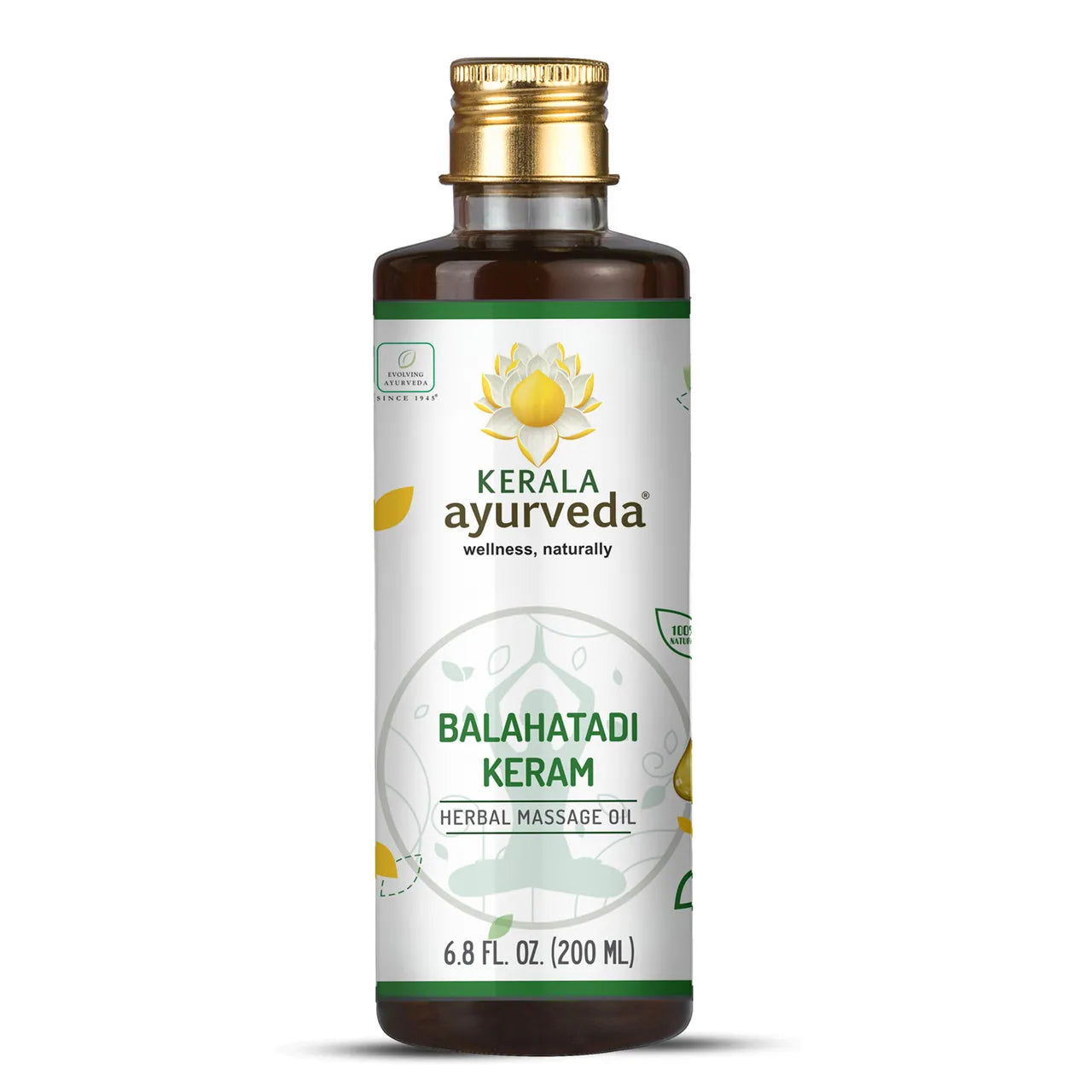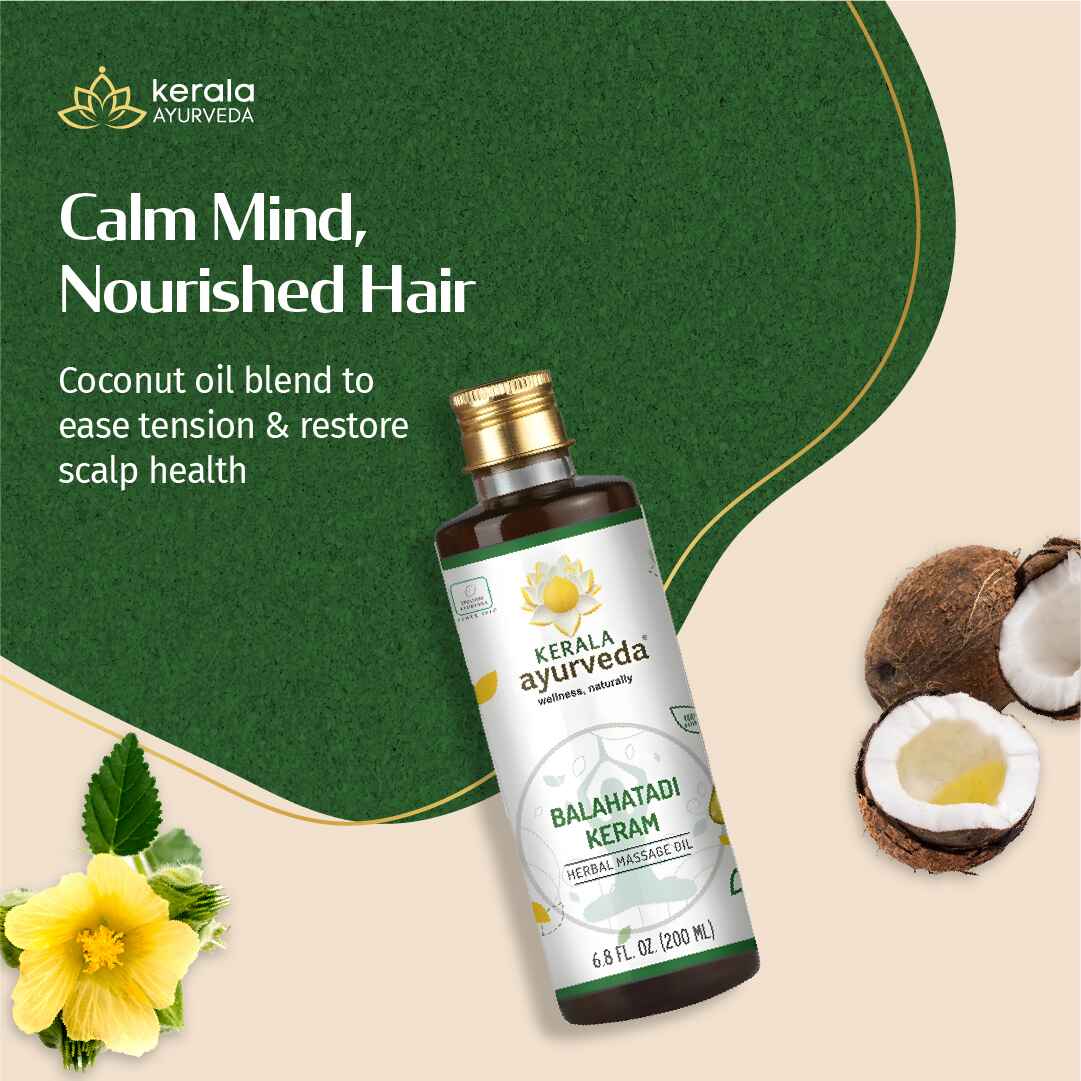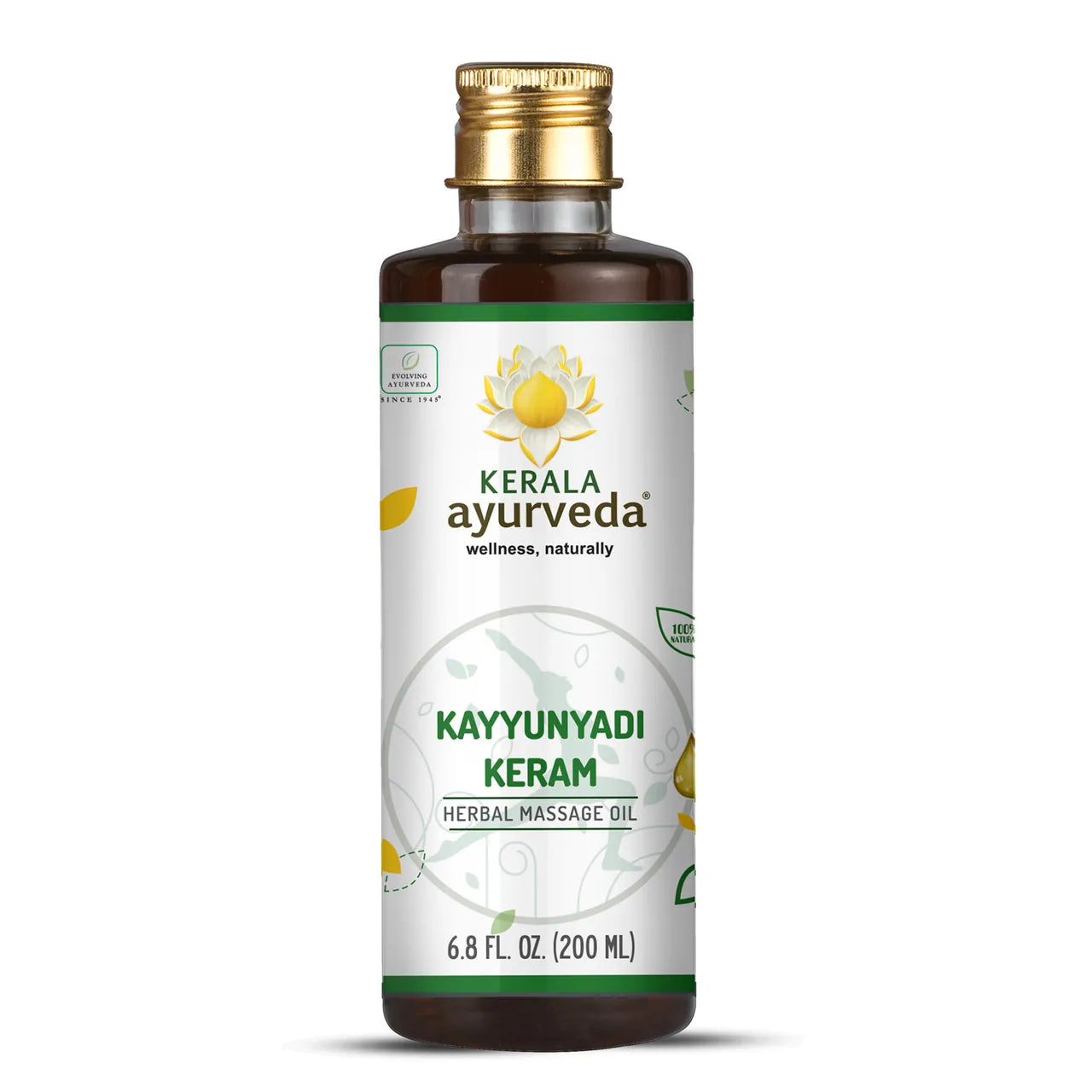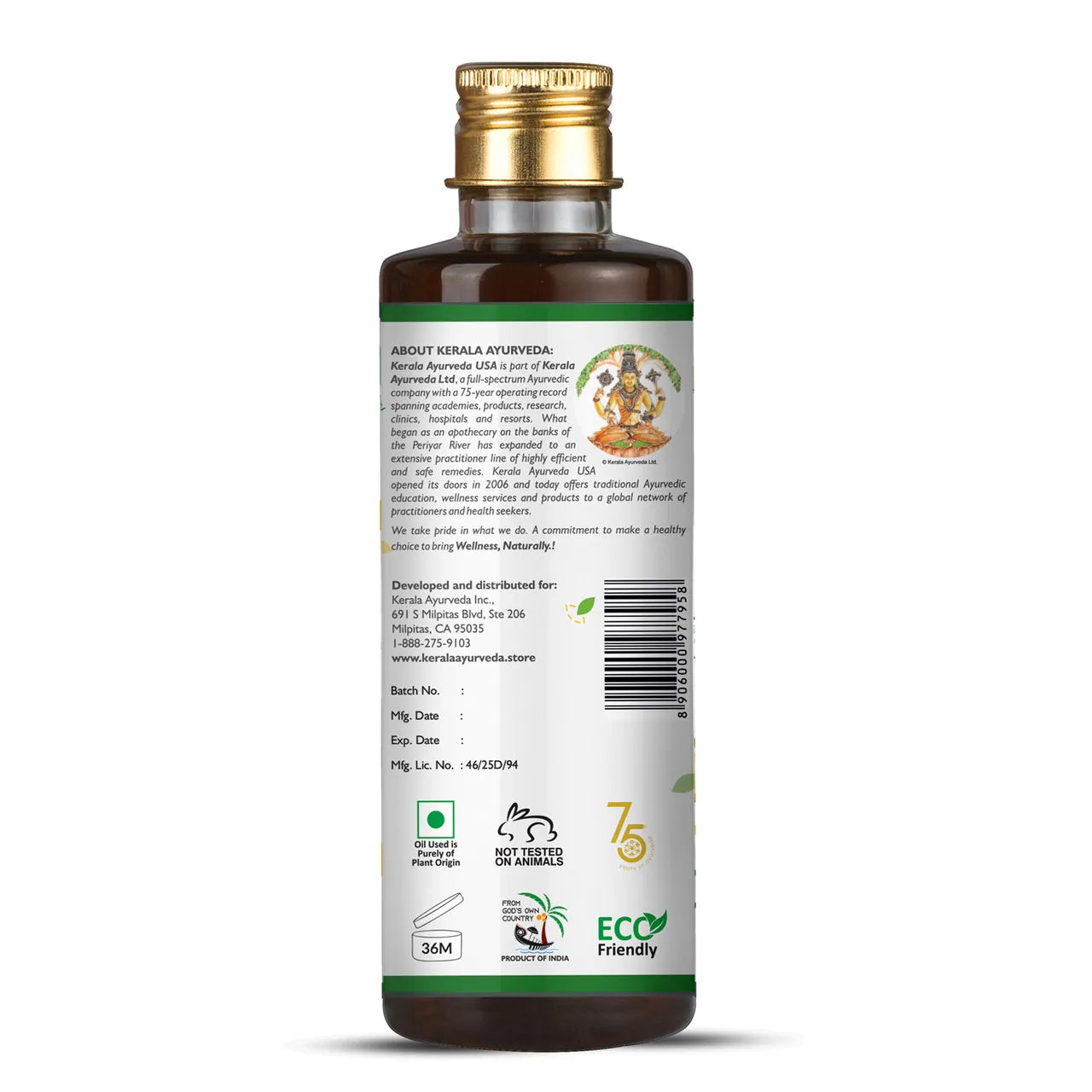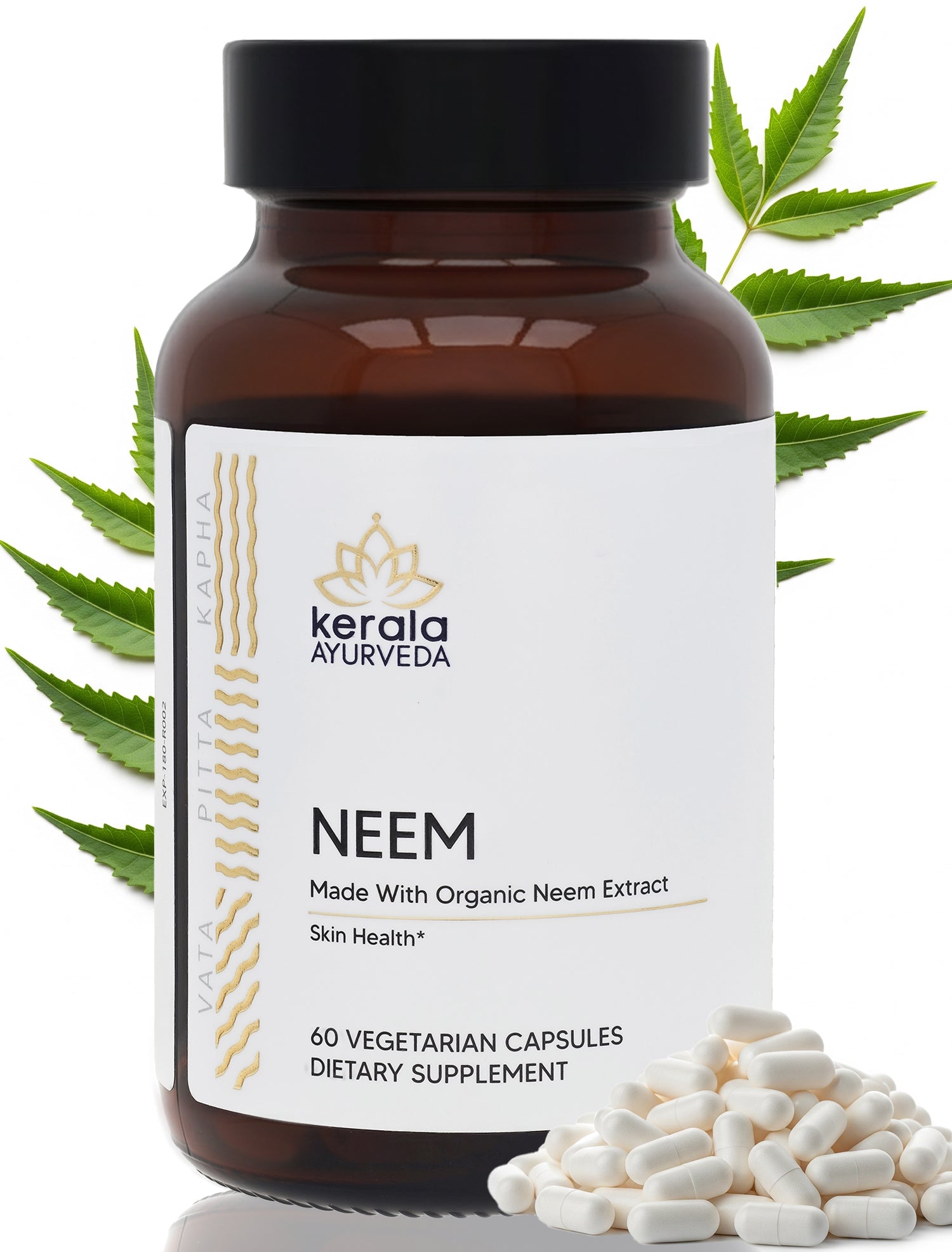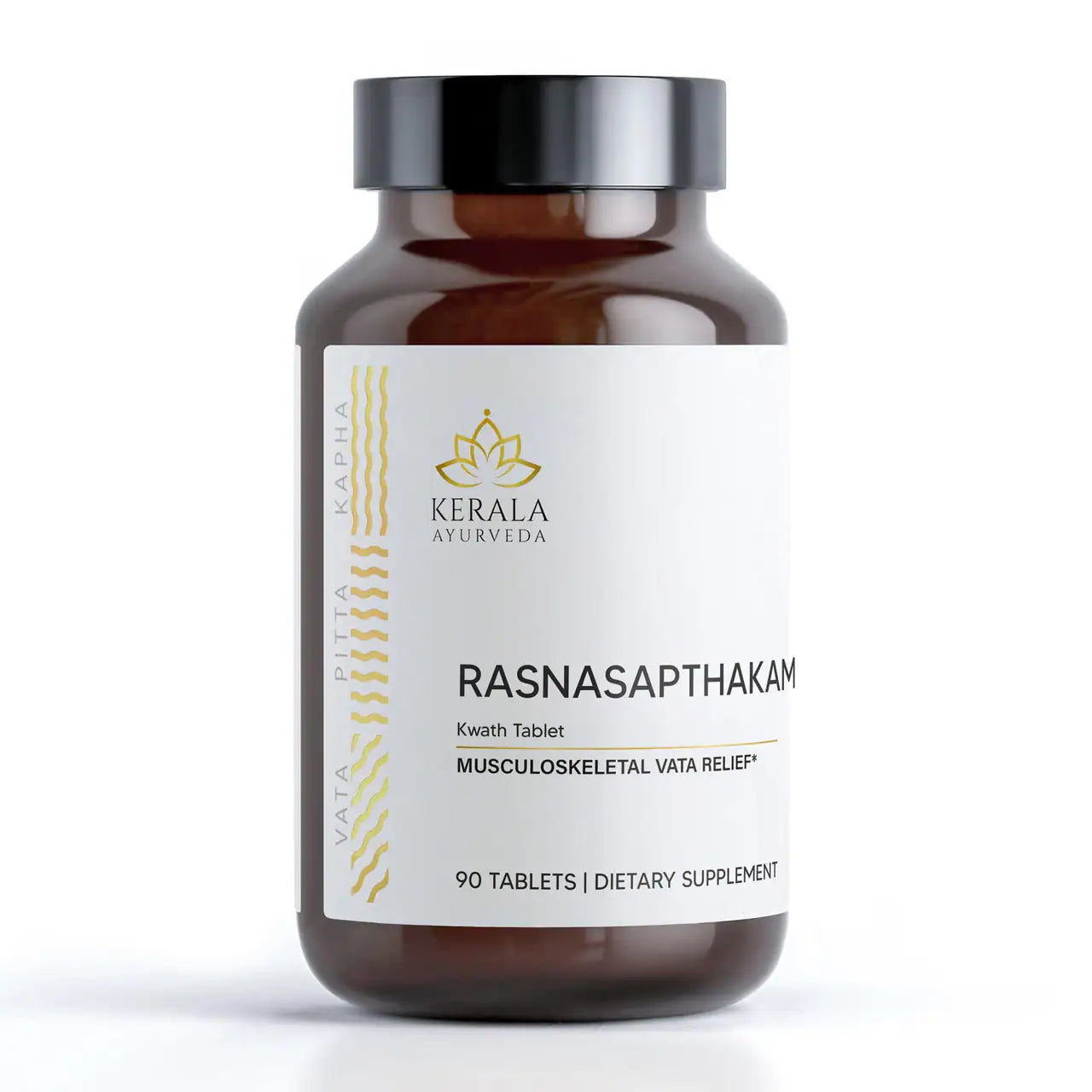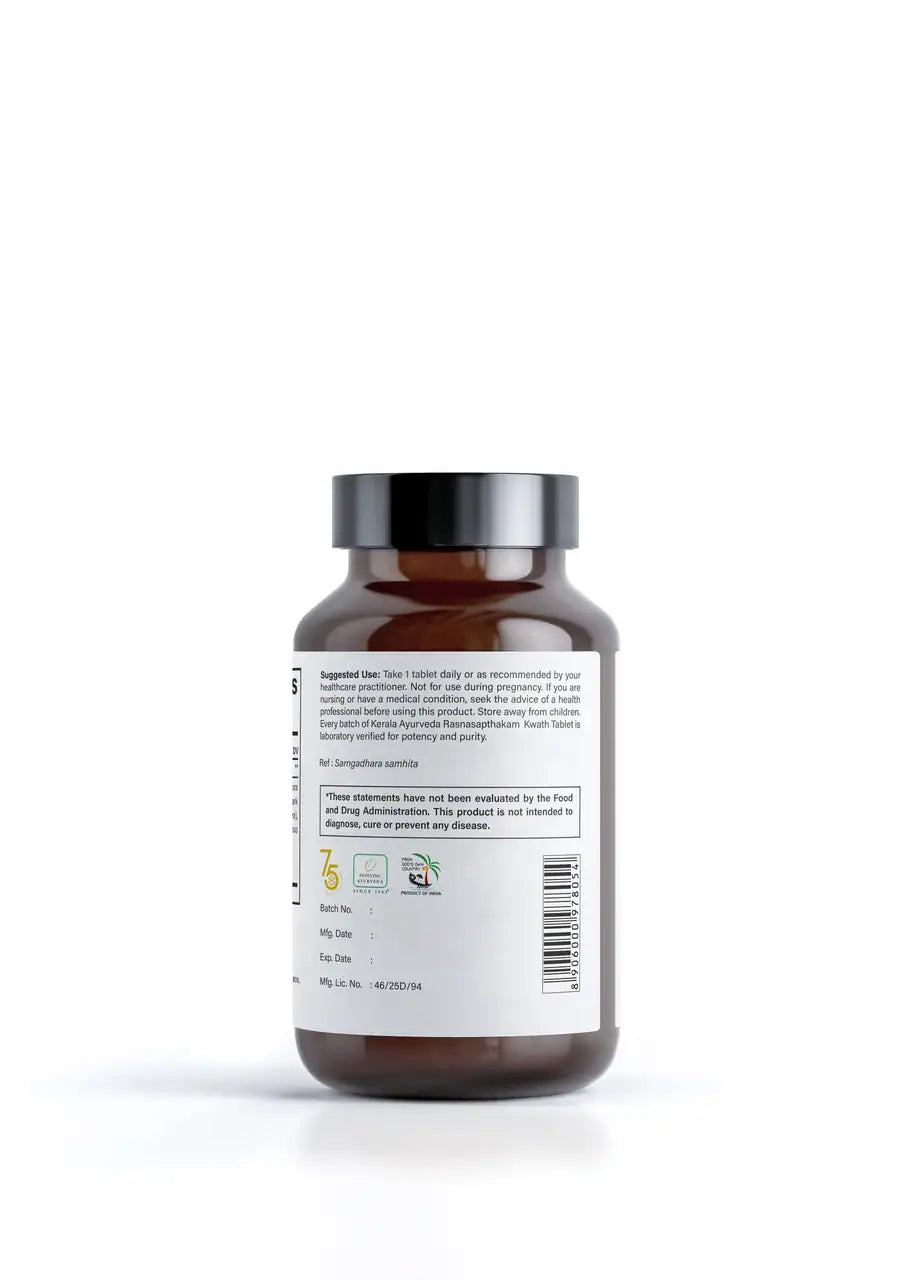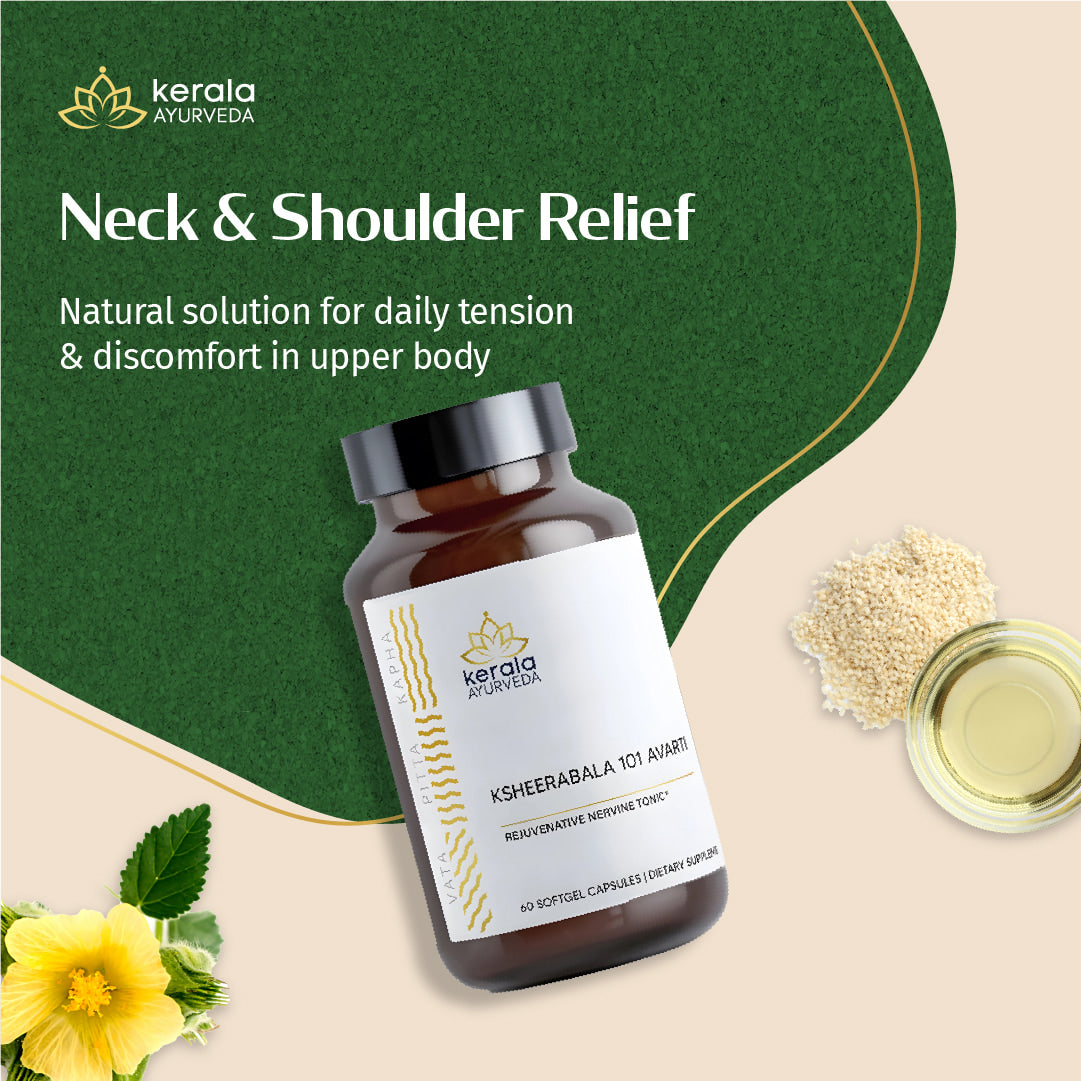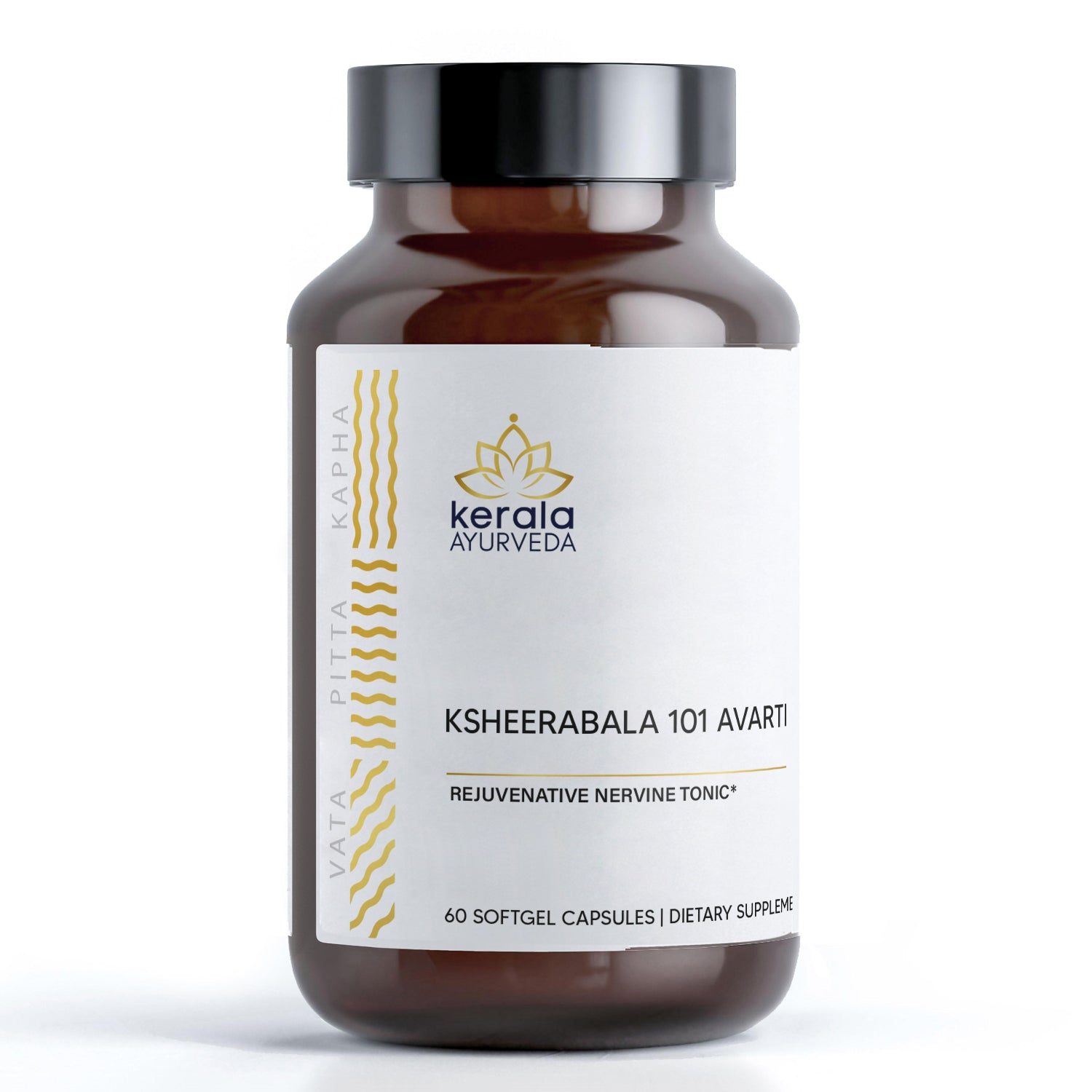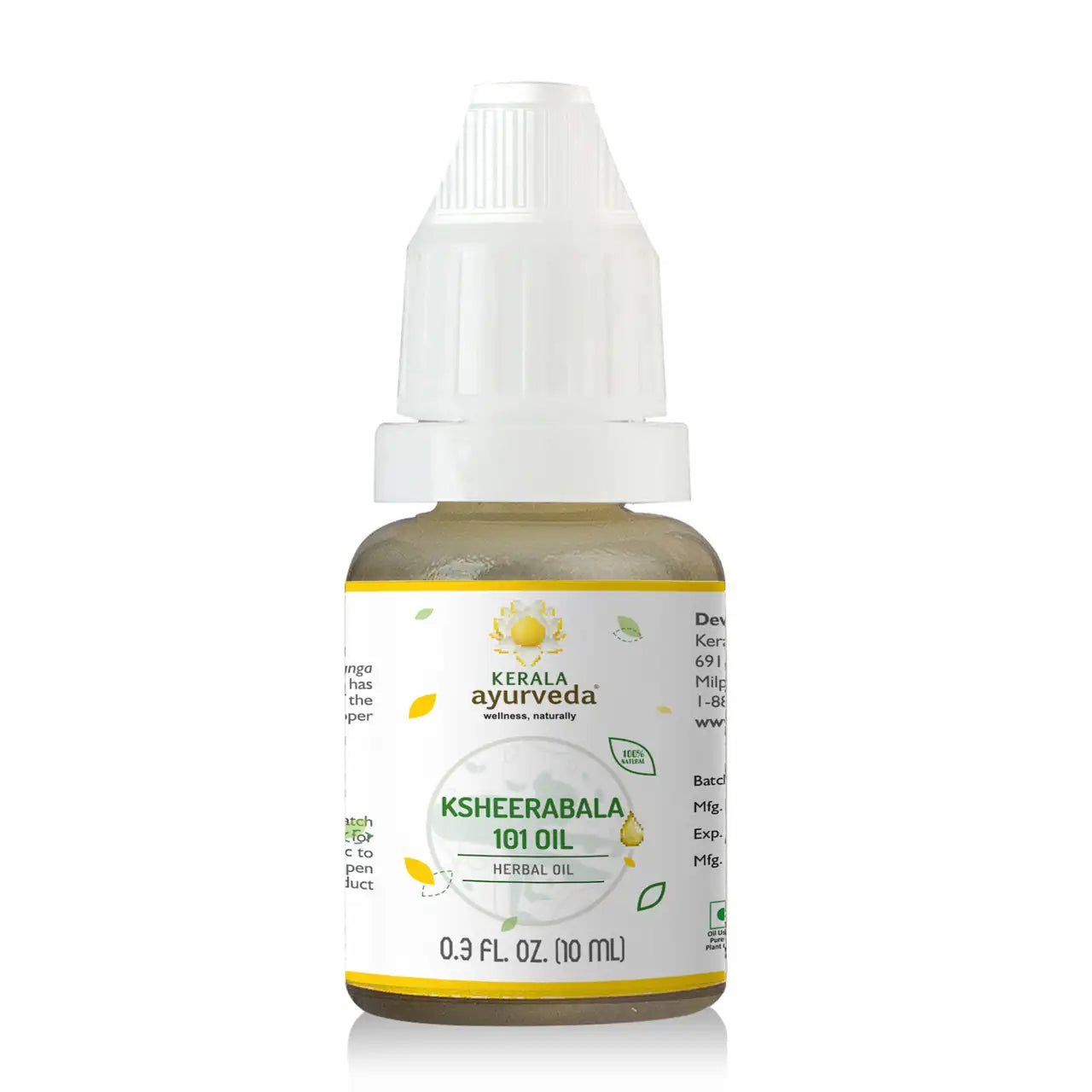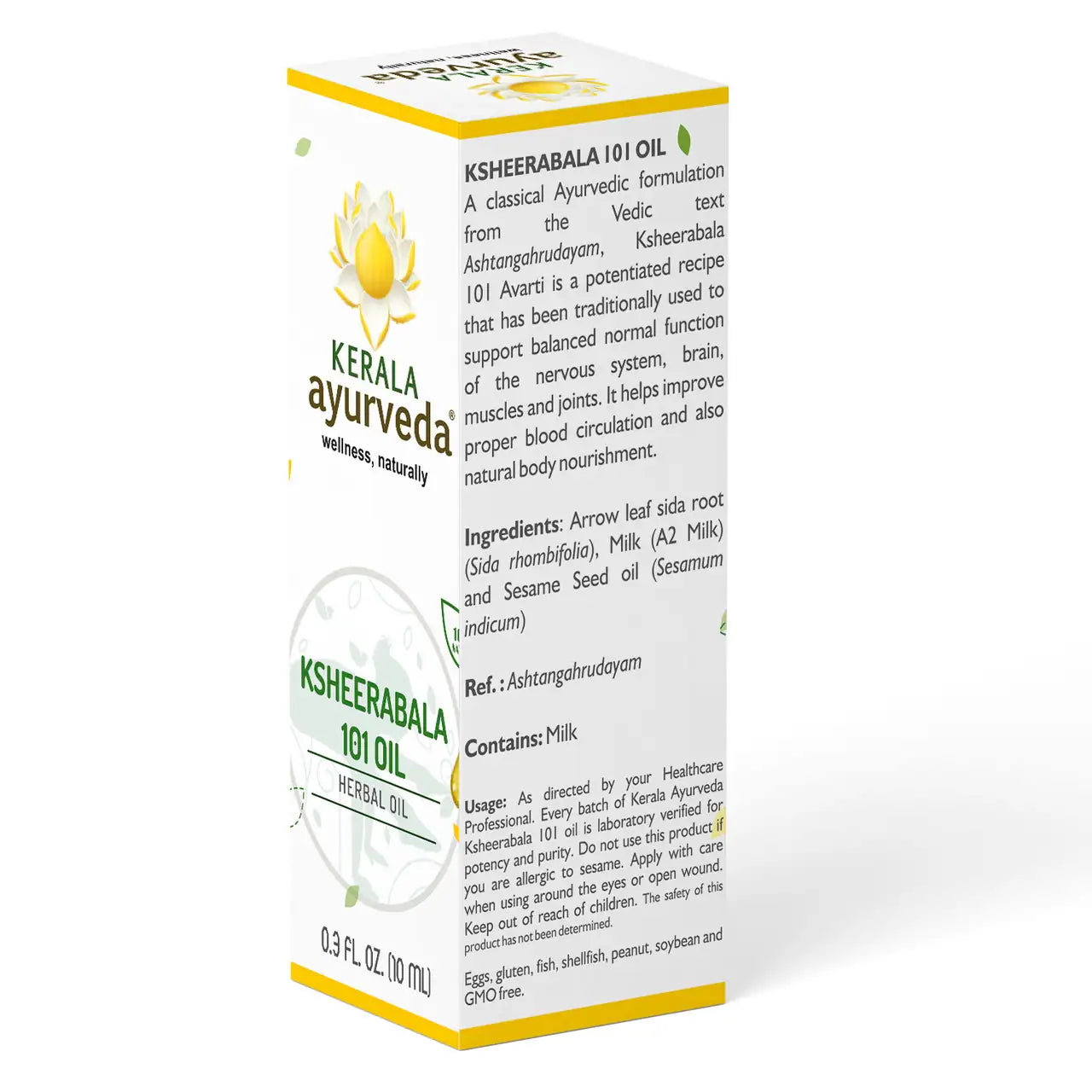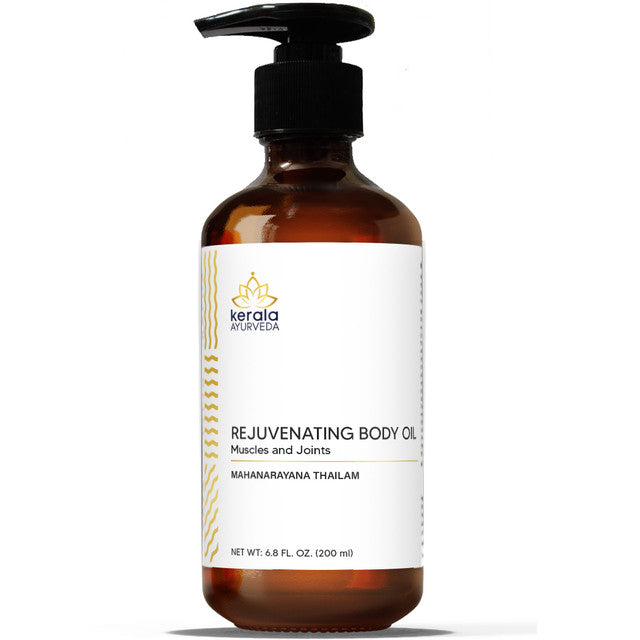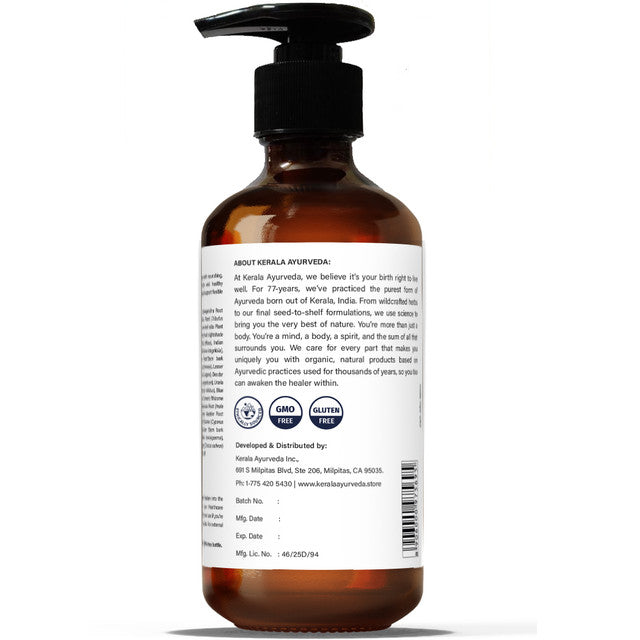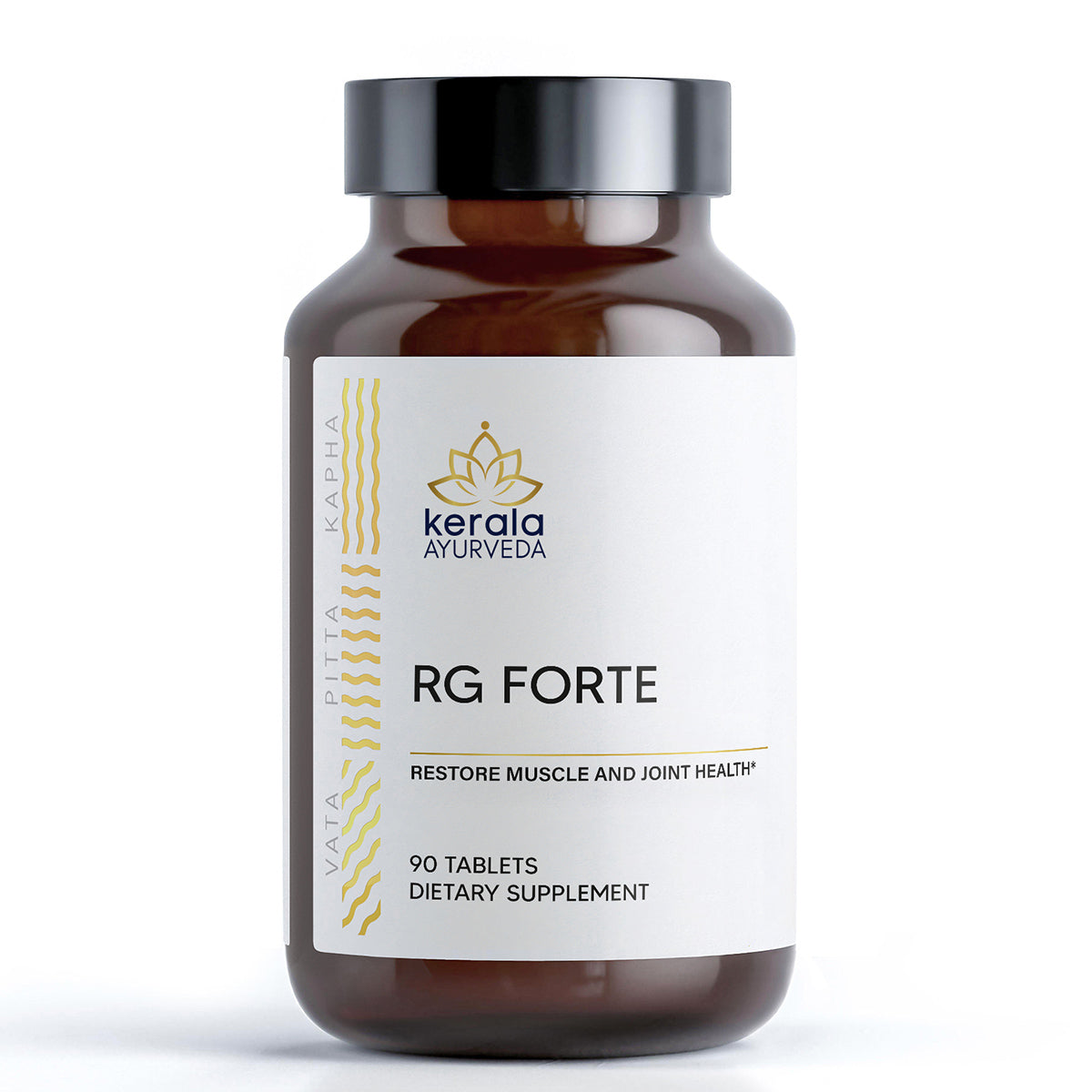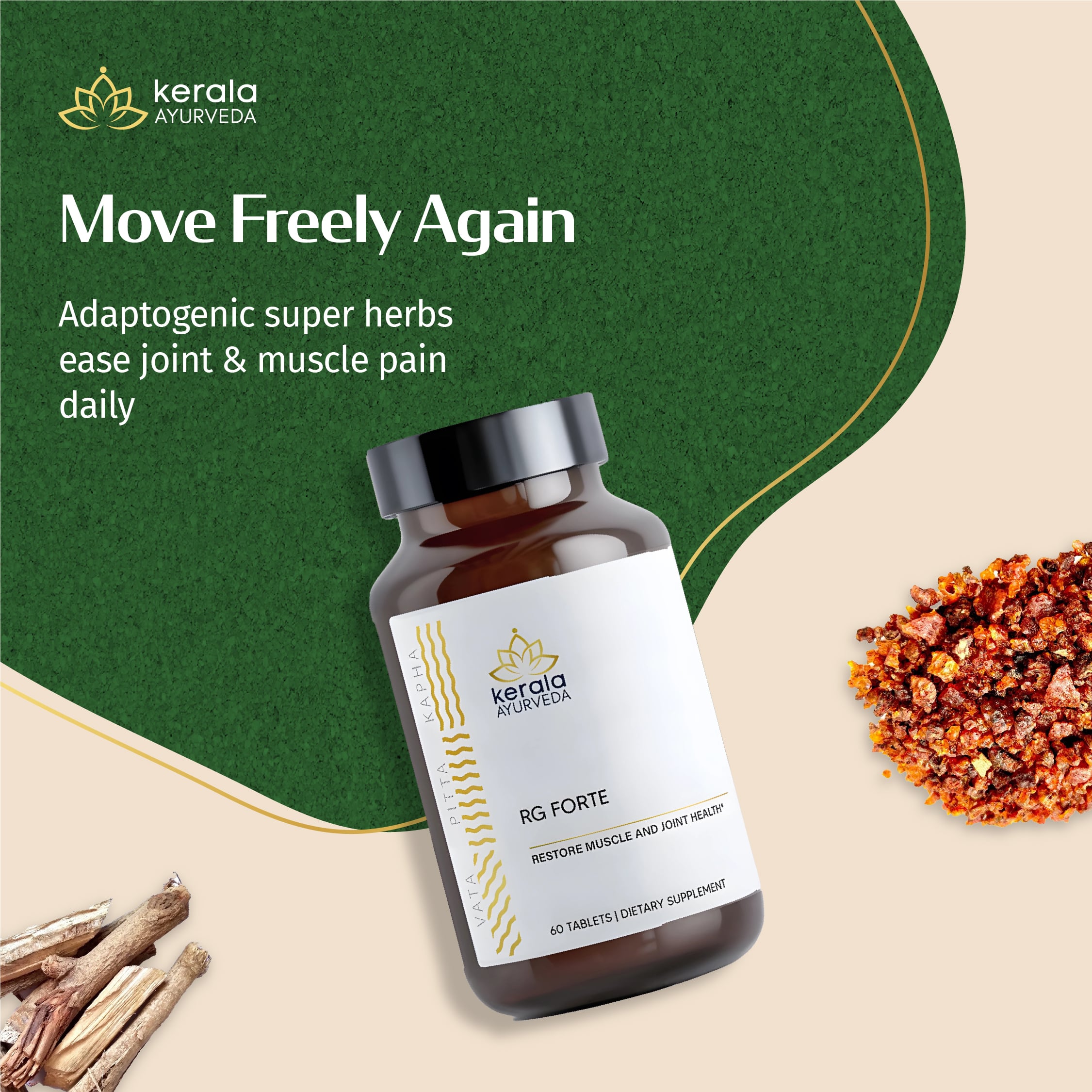Highlights
It’s not just moms with toddlers clinging to their legs all day who have trouble going to the bathroom. Across the board, women are more likely to experience gastrointestinal issues than men. Women's digestive health is of particular importance to new mothers.
If you have noticed that you struggle with gastrointestinal or digestive discomfort, bloating, constipation, gas, nausea, diarrhea, or heartburn — this is the article for you!
Women's Digestive Health is a Sensitive Topic
Even though women’s digestive health issues are common, they remain a sensitive topic. Both emotionally and physically. Women who seek help for their gastrointestinal issues are often disregarded, and misguided, and ultimately turn to the internet to find answers — usually from other women going through similar challenges. The shame of not knowing what’s going on in their bodies adds to the already stressful health concerns they have.
Additionally, women’s digestive systems simply do not function the same as mens due to hormonal differences and fluctuations they experience that men don’t. Women’s digestive systems have even been proven to be more sensitive and slow-moving than mens.
Female Hormones That Affect Women's Digestive Health
The hormones associated with women's reproductive systems -progesterone and estrogen, play leading roles in some women's digestive health. These hormones are responsible for controlling monthly cycles, helping to sustain pregnancy, and foster postpartum healing among many other things.
Progesterone, in particular, slows muscle contractions, and its effects aren’t limited to the uterus and reproductive organs — it can slow digestion, as well. Both hormones can be causes of irritable bowel syndrome and a host of other digestive problems.
In Ayurveda, women's digestive health is honored and normalized. Each season of a woman’s life is given special care and attention to ensure that her digestion is optimized and her wellness is nurtured. The many hormonal seasons and fluctuations of a woman’s life are typically marked by:
-
Puberty
-
Menstruation
-
Sexual Intercourse/Orgasm
-
Sexual Trauma
-
Periods of Extreme Stress
-
Hormonal Birth Control
-
Giving Birth
-
Breastfeeding
-
Cesarean Section
-
Hysterectomy
-
Menopause
-
Ovarian Surgery
If you are a woman of any age, you’ve probably experienced at least one of these events and never fully understood how it impacted your digestion.
Signs of an Imbalanced Microbiome
Besides the female hormones that impact women's digestive health, overuse of antibiotics and other gut-affecting medications, low-fiber diets, and diets full of sugar, unhealthy fats, and processed foods can contribute to an imbalanced microbiome as well.
Many women experience the stress of being a primary caregiver or the female breadwinner with little domestic support. These are unique stressors that women experience, and they, too, exacerbate digestive issues.
Some causes of an imbalanced microbiome are also signs that you have an imbalanced microbiome — which points to how supporting your digestive health is crucial to your overall well-being. Letting your digestive health go untended will only keep you in a vicious cycle of lack of sleep, erratic eating habits, food sensitivities, and gut health challenges.
If you have an imbalanced microbiome, you may notice these physical signs:
-
Stomach pain
-
Abdominal cramps
-
Bloating (before or after meals)
-
Gas buildup
-
Constipation
-
Diarrhea
-
Sluggishness and fatigue
Why Am I So Bloated After Eating
What Causes Bloating?
Because women secrete less stomach acid than men, their digestion can be slower and more sensitive, which can lead to bloating after eating. A bloated stomach is also common before menstruation and into the menstrual period. Because women are already slower to empty their stomachs and large intestines, the hormonal changes in the menstrual cycle that cause the body to retain more water and salt can slow the process even more and lead to bloating and nausea
Diets high in alcohol, caffeine, and salt also contribute to bloating.
What Helps With Bloating?
The best supplement for bloating is one that supports women's digestive health and helps to balance hormones. Go Easy is a proprietary Ayurvedic formula that supports women’s digestive health and regular bowel movements. Go Easy benefits also include preserving intestinal integrity and mind-body balance support.
The Senna Leaf in Go Easy is an FDA-approved natural laxative recommended to clear the bowels and help the body with occasional bloating and constipation. It is also used in popular weight loss and other gastrointestinal support products worldwide.

What to do About Constipation
Postpartum G.I. Challenges
Postpartum digestive issues are common in the United States, where many women are expected to jump right back to work, caretaking, and normal functioning quickly and without any natural postpartum care. Postpartum digestive enzymes, or postpartum digestive supplements can help. Digestive health for new moms is vital to avoid fecal incontinence, hemorrhoids, diarrhea, and constipation.
Pain in the perineal area, sore pelvic floor muscles, and the constipating effect of pain meds and antibiotics (usually given after a cesarean section) are postpartum challenges that can add pain and frustration to what are already unpleasant digestive symptoms.
It can take anywhere from a few weeks to six months for female hormones to return to balance after birth, and even longer if the mother is breastfeeding. Ayurvedic medicine for new mothers should include specific herbal support for women’s digestive health. Include Ayurvedic blends such as Active Digest or Triphala in your postpartum self-care kit or gift them to a new mom, so that she can focus on her new bundle of joy instead of the postpartum stomach issues she may be facing alone.
Ayurvedic Medicine for Constipation: Occasional, Postpartum, and Chronic
Whether you’re looking for occasional support for constipation or are dealing with constipation and weight gain, eating a high-fiber diet with 25 g of fiber per day that is tailored to your dosha and drinking plenty of water are the best places to start.
Ayurvedic herbs can further support healthy elimination and nurture a healthy microbiome and gut flora. Pil-O-Ease is a non-stimulant softener that gently supports ease of release and natural rejuvenation of the intestinal lining.
Pil-O-Ease contains Chebulic Myrobalan, which has been shown to help protect intestinal integrity by supporting the normal lubrication of the G.I. tract. This blend is also fantastic for balancing the Vata and Pitta doshas related to digestive health.
More Ayurvedic Herbs for Irritated G.I. Tracts and Digestive Support
For soothing gut support, we love Gastric Relief . Even though women have lower stomach acid than men, they have increased sensitivity to the acid. This means if acid builds up in the G.I. tract, it can cause discomfort. Gastric Relief supports a delicate stomach lining with soothing Licorice Root and garlic for proper liver function and digestive cleansing.
Doing double duty, Active Digest provides support for daily digestive comfort, while also supporting a healthy immune system. Pomegranate acts as a prebiotic, helping to feed probiotics to nurture good gut bacteria for an overall healthy digestive tract.
When to See a Doctor for Women’s Digestive Health Issues
If you experience any extreme discomfort, recurring symptoms, or severe women’s digestive health symptoms, please see your doctor to ensure your safety. If you are 45 and over, you should also see your doctor for routine colonoscopies.
Signs that warrant a trip to the doctor’s office may be:
-
Fever
-
Gastrointestinal bleeding
-
Severe abdominal pain
-
Vomiting or persistent nausea
-
Inability to pass gas
-
Lower back pain
-
Consistently hard stools and fewer than three bowel movements a week
-
Excessive straining causing pain or hemorrhoids
-
Abnormal discharge from the anus
-
Annal fissures or tears in the perineum (after stitches)
-
History of colon or rectal cancer (your own or your family’s history)
*The supplements and herbs referenced in this article should not be taken if you are pregnant. Always speak to your physician before adding supplements and herbs to your diet.




